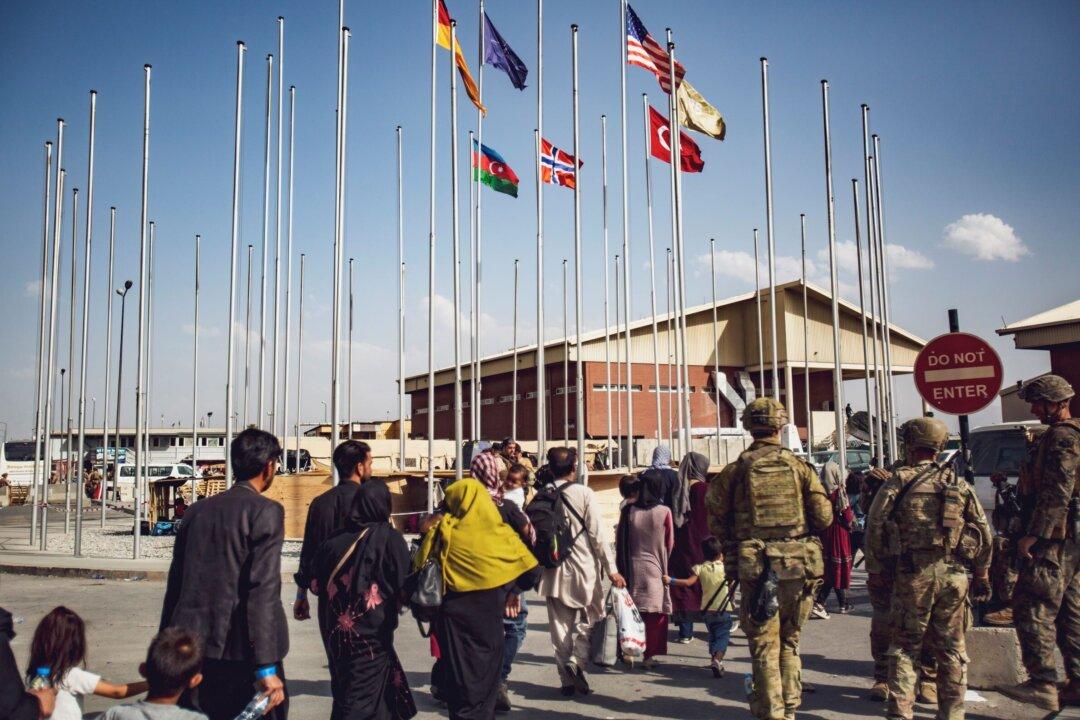WARSAW, Poland—Poland has ended its evacuations from Afghanistan, an official said Wednesday, one of the first Western countries to halt operations helping people flee the Taliban takeover as a full American withdrawal looms.
President Joe Biden declared the day before that he is sticking to his Aug. 31 deadline for completing the U.S. pullout, ramping up pressure on the already risky airlift from Kabul to get out as many people as possible in the coming days. European allies pressed for more time but lost the argument, and as a practical matter, they may be forced to end their evacuations a couple of days before the last American troops leave.





